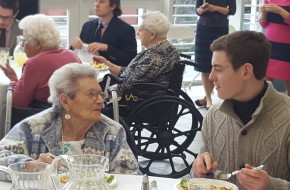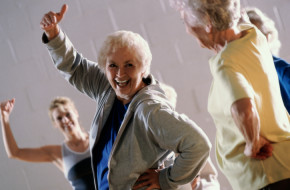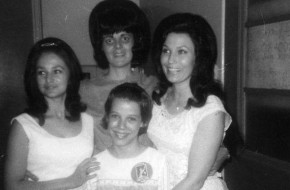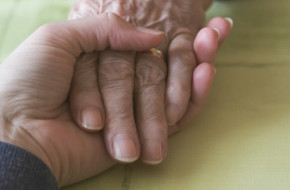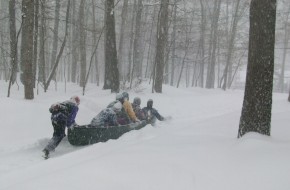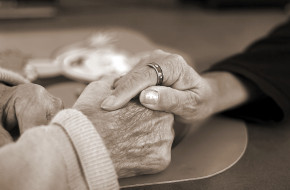The deepest learning often happens when students are able to connect the classroom experience with the “real world.” Our winter-term partnership with Manatawny Manor for a project called “Storied Lives” allowed my students to put a face to our learning and make it personal.
My students and their residents cried together and laughed together; they exchanged personal stories, shared life advice, and sat in thoughtful silence together; they held hands and emotionally embraced each other. Their interactions were emblematic of a deep connection that these partnerships built over the course of seven weeks.

